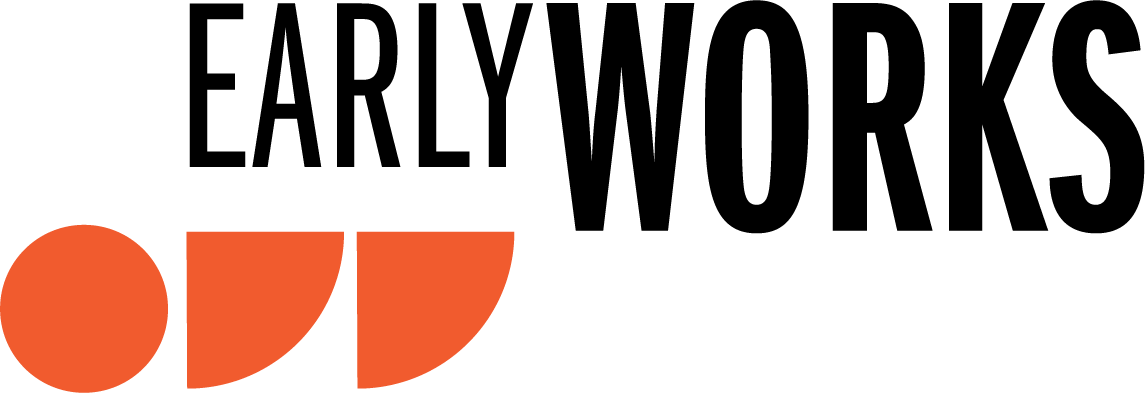Evidence of Compassion: Imagining Life Post-coronavirus
The world feels dark and light all at once. The novel coronavirus-19 is a silent invader that I’ve come to think of in metaphorical terms as a thief. The pandemic that has robbed us of our abilities to plan for the future is on a rampage. The only way to prevent it is to preemptively isolate ourselves from it. But even then, no one is really immune.
Living in fear of theft—of one’s life—causes us to turn inwards, suddenly. The circumferences of our lives have shrunken to a household (if we are lucky to have one). Or we are essential workers who meet the knife point of virulence, some escaping harm, many not.
During the first three weeks of staying in place at home I focused on holding up my teams, making sure everyone felt supported. I worked hard to communicate and reach out much more than I ever have before. I pulled every resilience trick out of my hat. Every interaction, now virtual, has to convey kindness, compassion and calm. People over profits. Help our clients help other people. Do the best you can. If you are having a bad day it’s okay to step away. Basic human stuff that shouldn’t be extraordinary.
Now, in my fourth week of repose, I have come to believe that this pandemic came with a free gift. We can use this experience to define our future. The possibilities are stunningly endless. The demand shock that has rocked our world also offers us the chance for healing, if we allow our perceptions to shift to see it as that.
Think about it. What are we doing for each other right now? Many of us are recognizing our common humanity. Mutual aid societies are flourishing. People are problem-solving in real time with each other. We are seeing sides of each other we don’t usually share—whether it’s a slice of life on a video call, the names of each other’s pets, or the ability to put ourselves in each other’s shoes. We are showing up. We have a common enemy—this virus that steals lives—and we have a common ally: each other. Dutch theologian Henri Nouwen described community as a way of living and relating, “Until you can look into the face of another human and you have enough light in you to recognize your brother or sister, it is night and darkness is still with us.”
Social emotional skills are our superpowers. We’re learning that what we’re experiencing is sorrow and grief, emotions we’ve numbed in public until now. We had methods for avoiding these feelings. Our perceptions of the roles that markets, government and civil society should play are shifting, too. How do we use the tools and mechanics that each offer us to create the world we actually need?
All of these thoughts are swirling in my mind. I haven’t made complete sense of them yet, however, I am certain they will inform my future and that of EarlyWorks. How do we become the most resilient, thoughtful and compassionate humans that are driven to build stronger more equitable systems? This is a question that will guide us.






